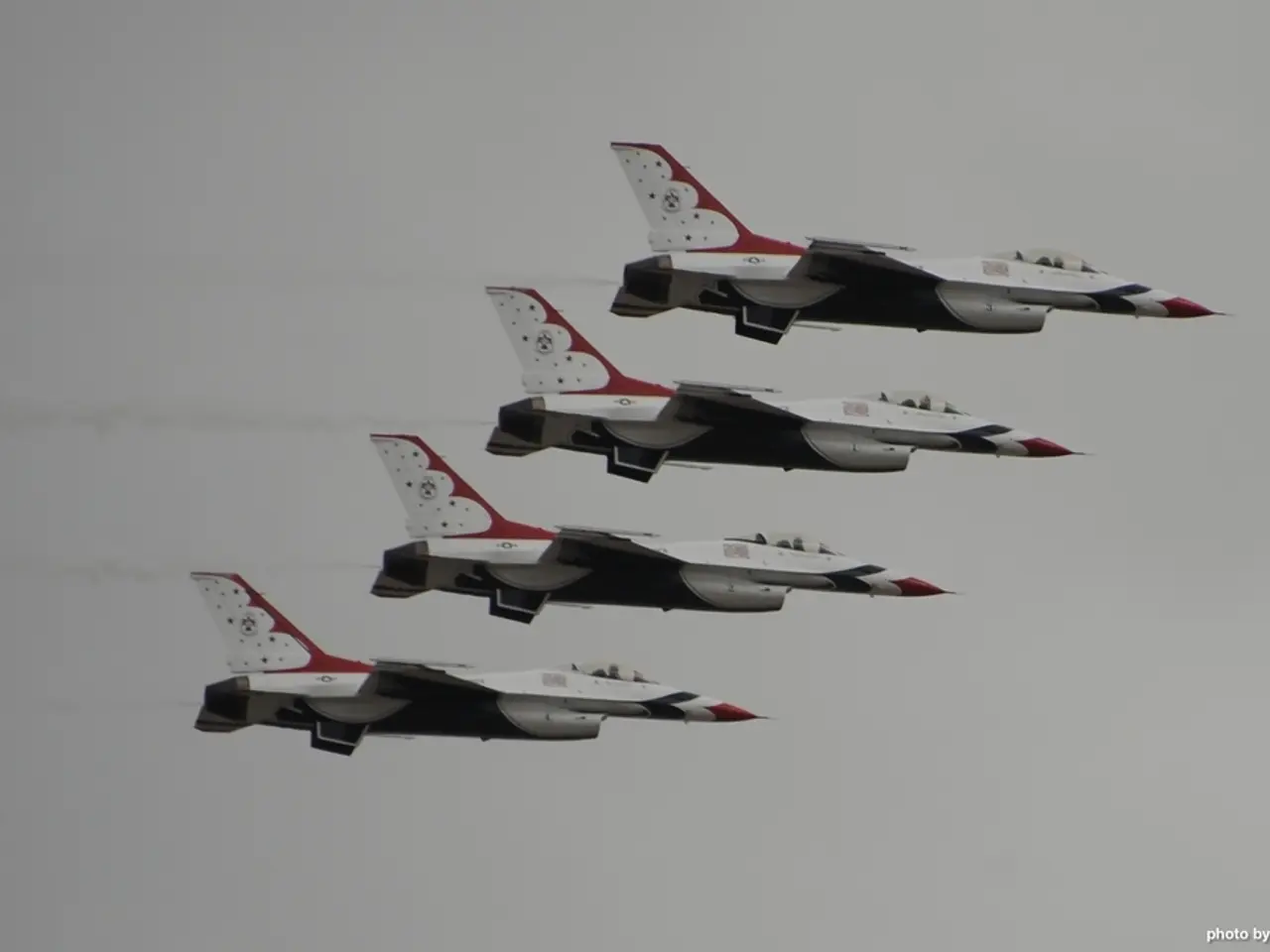Europe deliberates potential replacement of France in leading fighter jet initiative by Germany
The Future Combat Air System (FCAS), a joint program among France, Germany, and Spain, designed to replace the Rafale and Eurofighter Typhoon by 2040, is facing industrial deadlock and political upheaval.
According to German defense media Hartpunkt, Dassault is pushing for an 80 percent share of the work on the Next-Generation Weapon System (NGWS), triggering anger in Berlin. The German government, dissatisfied with what officials see as a push by French industry for an outsized role in the program, is considering replacing France with Sweden or the U.K. in the €100 billion fighter jet project.
German Chancellor Friedrich Merz's spokesperson Stefan Kornelius said Berlin and Paris were still aligning their positions, but stressed that Berlin's demand was clear regarding the distribution of burdens and work in the FCAS program. French officials, however, denied Dassault Aviation's alleged pursuit of 80 percent of the work on the NGWS, but stressed the need for more decision-making power specifically on the NGWS to avoid delays.
The political upheaval in Paris, with the collapse of Francois Bayrou's government and the appointment of Sebastien Lecornu as prime minister, could impact the negotiations over the FCAS program. Lecornu, who was involved in FCAS negotiations, is seen in Berlin as the key figure to bring Dassault to the table, and German officials are watching closely how he positions himself.
In July, Paris and Berlin agreed to try to iron out divergences in the fall and decide by the end of the year whether to move FCAS to Phase 2. A trilateral gathering among defense ministers from Spain, Germany, and France is scheduled for October.
Meanwhile, technical meetings between industry, government officials, and arms procurement agencies are regularly taking place to work on options for the ministers. The German defense ministry raised FCAS in talks with Airbus, which is responsible for Germany's part of the jet's development and construction.
No formal decision has been taken in Berlin about pursuing a Plan B for the FCAS program, but officials stress the need for urgency due to the approaching deadline. The Spanish government did not immediately respond to a request for comment on the FCAS program.
If Lecornu pushes for compromise with Airbus, FCAS could still advance to its next phase. However, if he backs Dassault's hard line on dividing the work and the leadership, Berlin's fallback options with the U.K. and Sweden - or even a solo program - could gain traction. A French official working on FCAS suggested the possibility of keeping the current division of the work (33 percent for each country) while tweaking the governance to allow for faster decisions.
The FCAS program is envisioned as a 'system of systems' combining a next-generation fighter jet (NGF), drones, and a connection to the online cloud. If the negotiations fail to reach a resolution, the future of this ambitious project could be at stake.
Read also:
- Web3 gaming platform, Pixelverse, debuts on Base and Farcaster networks
- Goodyear in 2025: Advancement in Total Mobility through the Launch of Kmax Gen-3 by Goodyear
- Electric SUV Showdown: Vinfast VF6 or MG Windsor EV - Your Choice Revealed
- United States Secures $632 Million to Fuel Electric Vehicle Revolution




